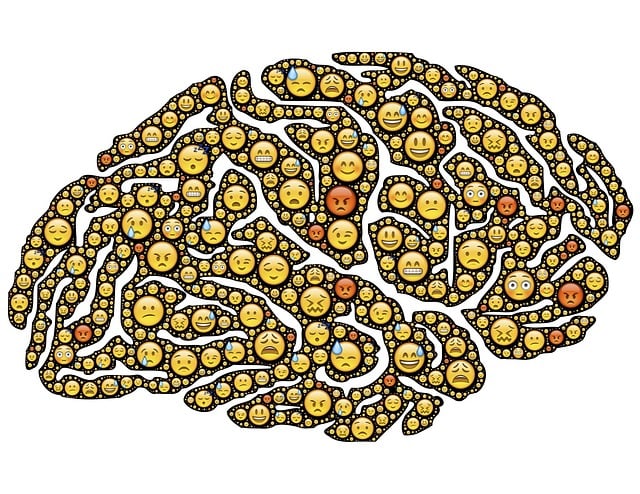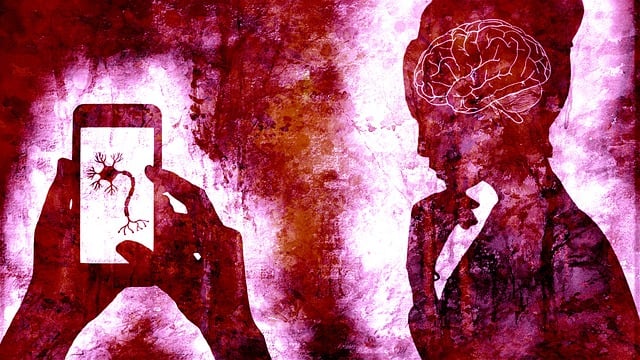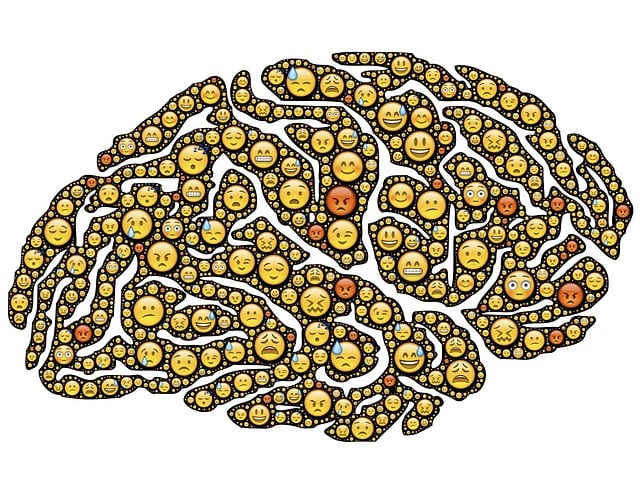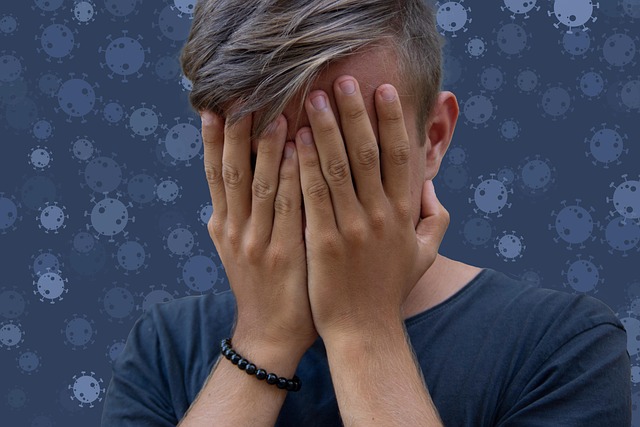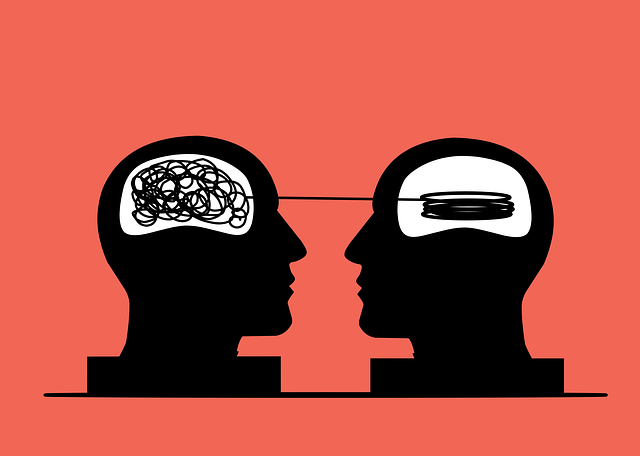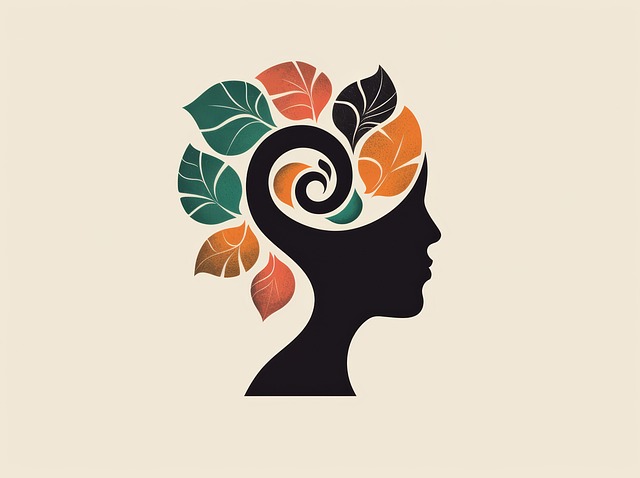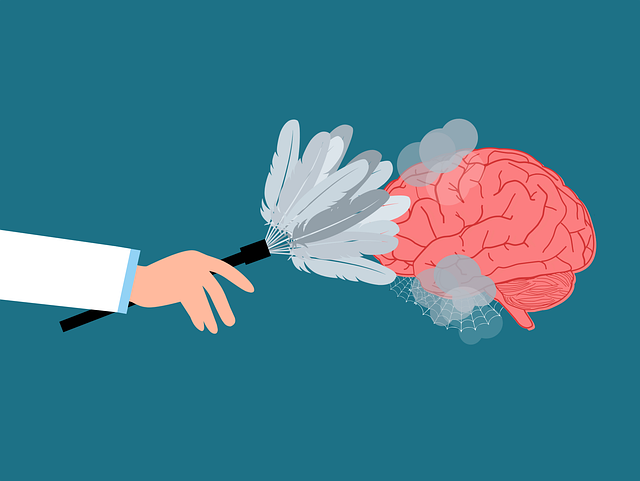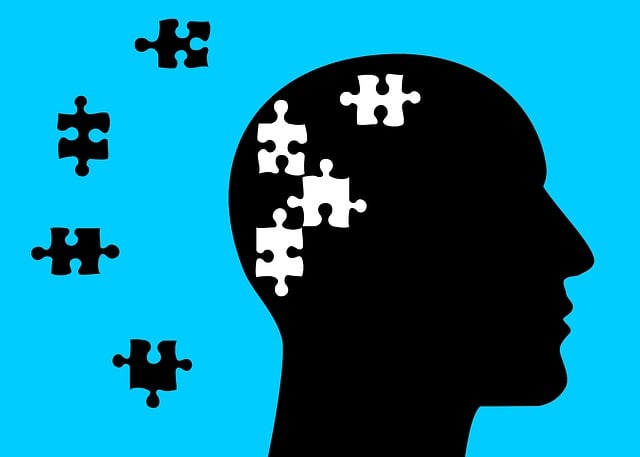Stress is a significant concern among young minds, driven by academic pressures, peer dynamics, and bodily changes. To combat this, tailored therapy for young children, adolescents, and teens is essential. Cognitive Behavioral Therapy (CBT) targets negative thought patterns, promoting healthier emotional responses. Mindfulness meditation and creative outlets like art and music therapy offer effective stress reduction methods, enhancing mental wellness and emotional intelligence. Cultural competency training ensures inclusive delivery, addressing diverse client needs. These holistic approaches empower young individuals to take charge of their mental health, fostering resilience and composure throughout life.
Stress reduction is a vital topic for navigating the challenges faced by young minds. This article explores effective methods to help children, adolescents, and teens manage stress, fostering healthier mental well-being. We delve into cognitive behavioral therapy, mindfulness practices, and creative outlets like art and music as powerful therapies. Understanding stress in young individuals is key; through these therapeutic approaches, we can guide them towards coping strategies that promote resilience and emotional balance.
- Understanding Stress in Young Minds
- Cognitive Behavioral Therapy for Stress Relief
- Mindfulness and Meditation Techniques
- Creative Outlets: Art, Music, and Play as Therapies
Understanding Stress in Young Minds

Stress is an inevitable part of life, but its impact on young minds requires special attention. Understanding and managing stress in children, adolescents, and teens is crucial for their overall mental wellness. This age group often faces unique challenges that can contribute to heightened stress levels, such as academic pressures, peer relationships, and the rapid changes occurring within their bodies.
Therapy plays a pivotal role in helping young individuals cope with stress effectively. Through specialized therapy sessions tailored for their developmental stage, children, adolescents, and teens can learn valuable coping mechanisms. Mindfulness meditation, for instance, has gained popularity as an evidence-based practice to enhance mental wellness. The Mental Wellness Podcast Series Production also offers creative outlets for self-expression and self-esteem improvement, allowing young people to process and manage stress in a supportive environment.
Cognitive Behavioral Therapy for Stress Relief

Cognitive Behavioral Therapy (CBT) is a highly effective therapy for stress relief, particularly tailored to cater to the unique needs of young children, adolescents, and teens. This evidence-based approach focuses on identifying and changing negative thought patterns that contribute to stressful situations, thereby promoting healthier emotional responses. By engaging in CBT, individuals learn valuable coping strategies to manage stress effectively, fostering improved mental health and well-being.
Designed with the age group in mind, CBT sessions incorporate age-appropriate techniques such as mindfulness exercises, relaxation strategies, and cognitive restructuring. Healthcare providers skilled in this therapy adapt their approach to suit the developmental stage of each client, ensuring maximum engagement and positive outcomes. This method not only helps young people cope with immediate stress but also equips them with lifelong skills to navigate challenging situations, making it a valuable component within Mental Health Education Programs and Emotional Healing Processes. Additionally, training in cultural competency for healthcare providers is essential to deliver CBT in an inclusive manner, addressing the diverse needs of a broad spectrum of clients.
Mindfulness and Meditation Techniques

Mindfulness and meditation have emerged as powerful tools for stress reduction, particularly for young children, adolescents, and teens. These techniques encourage individuals to focus on the present moment, cultivating a sense of calm and awareness that can effectively counterbalance stressful thoughts and emotions. Through mindful breathing exercises and guided meditations, children and teenagers learn to recognize and manage their feelings, enhancing their emotional intelligence and resilience.
Integrating mindfulness into a self-care routine development for better mental health is an invaluable risk management planning strategy for mental health professionals. By teaching these practices early on, professionals can empower young individuals to take charge of their mental well-being. Self-care practices like meditation foster a sense of agency, enabling adolescents and teens to navigate life’s challenges with greater clarity and composure. This proactive approach to mental health not only benefits the individual but also contributes to a more holistic and sustainable approach to stress reduction across different stages of life.
Creative Outlets: Art, Music, and Play as Therapies

Creative outlets like art, music, and play offer unique therapy options for young children, adolescents, and teens, providing an alternative approach to stress reduction that taps into their emotions and imagination. These activities allow individuals to express themselves in ways that words sometimes cannot, fostering a sense of liberation and self-discovery. Art therapy, for instance, encourages the use of colors, shapes, and textures to convey feelings, while music therapy harnesses melodies and rhythms to stimulate emotional responses and enhance cognitive abilities.
Through these creative channels, young minds can explore and process their emotions, learn valuable communication strategies, and even build empathy for themselves and others. Engaging in art or music allows them to step away from the demands of academic or social pressures, providing a much-needed respite. Moreover, these activities promote mindfulness, teaching individuals how to focus on the present moment, thereby reducing anxiety and stress that often stem from worrying about the future or ruminating on the past. By embracing mind over matter principles, creative outlets empower young people to take control of their mental health.
Stress reduction methods tailored for young minds, including cognitive behavioral therapy, mindfulness techniques, creative outlets, and more, offer powerful tools to navigate life’s challenges. By equipping children, adolescents, and teens with these therapies, we empower them to manage stress effectively, fostering resilience and overall well-being. Integrating these practices into daily routines can significantly enhance their ability to cope with the unique pressures they face, ensuring a healthier and happier future.

